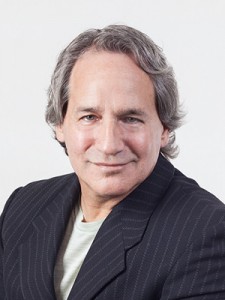About
Joseph R. Giove
Quit Smoking Hypnotist San Francisco Bay Area & Oakland, CA
Joseph has developed a unique and proven approach to addiction cessation and recovery, which often includes helping clients with stress, anxiety, insomnia, chronic illness, weight gain and other addictive substances.
Joseph is former president and CEO of a biomedical research firm, and has held engineering and management positions for Aerospace and NASA projects. He masterfully blends the hard sciences with extensive research and training in interpersonal neurobiology, psychoneuroimmunology, neurolinguistic programming, biofeedback and clinical hypnosis.
- More information on Stress and Anxiety Mastery
- More Information on Sleeping Better Naturally
- More Information on Hypnotic Weight Loss
My Story
Early in my career as a biomedical engineer – designing and building medical instruments and clinical trials for such – I came across this amazing thing called the placebo effect.
I was astounded to find out how strong this effect was, often as high as 50% of the efficacy of many drug and device therapies. The power of suggestion, otherwise known as the placebo effect, has been studied copiously over the last hundred years: scientists measure it, document it, compare it to “real” therapies and no therapy, and unequivocally acknowledge its effectiveness.
In fact every drug and device on the market today has been tested against the power of suggestion. Far from being, “just in the mind,” placebo research has documented that the power of suggestion can reverse nearly every illness known to man.
What is almost as astonishing, however, is that this great power to influence disease recovery is then fully discarded when it comes to helping the patient in clinical practice. And even worse, a doctor’s well-intentioned prognosis can easily form an extremely effective negative suggestion – a nocebo – that can make matters worse, possibly substantially worse.
Of course you cannot patent or license someone’s own healing capacity, so there is no economic incentive for the medical system to promote the power of suggestion and self-healing.
Nevertheless, I became enamored with understanding the mechanism of the placebo effect and how this might actually be used intentionally to empower the patient with his or her own healing and recovery.
After all, the clinician may have fooled the patient with his sham treatment, but it was the patient herself that actually, unconsciously performed the healing, whether it was from addiction, ulcers, asthma, cancer or depression. To be sure, the success was not merely “in the head” either: physical and measurable effects are always documented.
I found that the secret to using this powerful mechanism – the power of suggestion – lay in the poorly understood realms of consciousness, as it applies to human wellness and performance. I became a Clinical Hypnotist in the late 1980s as this seemed to be the most practical and direct application of this self-healing modality.
In studying and applying various mind-body techniques that initiate the body’s own recovery abilities, which often lie dormant in the subconscious, I found I could effectively guide a person to activate this powerful mechanism. This forms the basis of much of my work, whether it is helping individuals cease and recovery from addiction, master stress, sleep better, lose weight or enhance performance through the incredible power of hypnosis.
